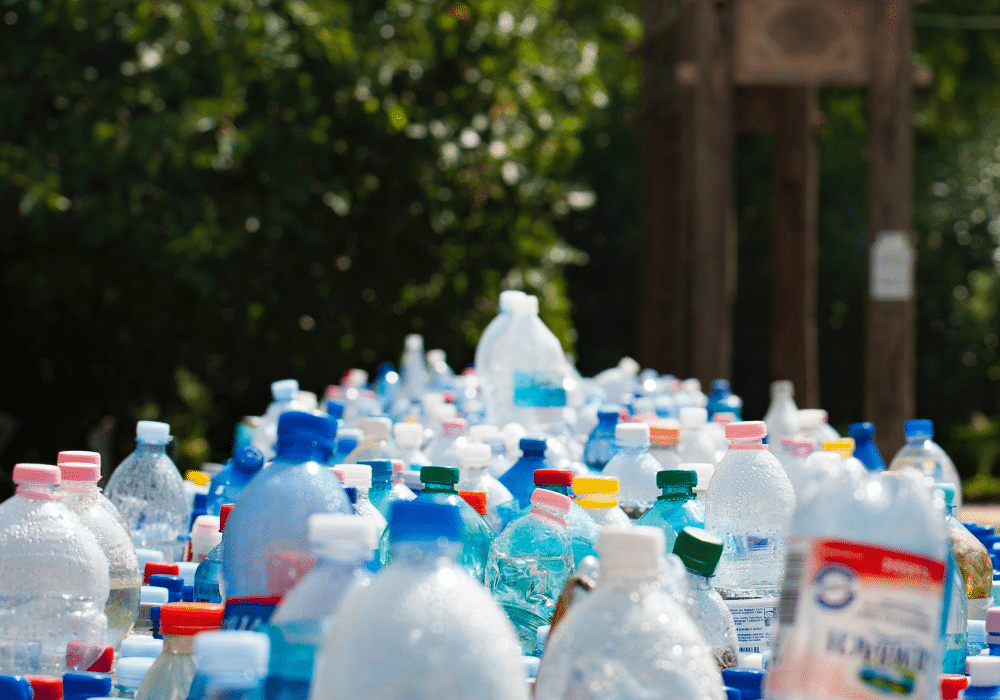Investing in circular solutions
To fast-track our transition to a circular economy, Sustainability Victoria (SV) is providing businesses with the funding, tools, expertise and networks they need to innovate for sustainability.
SV’s investment of $7.6 million in 23 circular businesses and 11 innovation projects is laying the foundation for systemic change that targets the root causes of our waste problems.
By 2030, these programs are projected to boost Victoria’s waste processing capacity by over 1 million tonnes and cut waste generation by over 600,000 tonnes each year.
As part of this investment, SV supported Mantzaris Fisheries and Deakin University to extract omega-3 oil from the waste they produce by processing squid.
Investigations are now underway to determine if this oil can be used in health supplements or premium dog food, creating a value stream from what was once considered waste.
Deakin’s Dr Brendan Holland said the funding from SV was crucial to the success of the project.
“While we might have the chemistry knowledge, we would normally be limited to a certain number of experiments or trials,” Brendan says.
“But with government support, we were able to design and purchase new equipment that’s not commercially available, which in turn meant we could try out a few different designs.
“Before Sustainability Victoria, we had the process working in the lab at a one-litre capacity. The funding meant we could purchase new equipment to operate on a 200-litre scale.
“In terms of trying to commercialise the product, it enabled us to connect with some experts in that area as well.”
Brendan says the equipment they designed as part of this process will have a role to play in future experiments involving other oils and apple waste.
“The work we’ve done under this project is definitely transferrable,” Brendan says.
“It’s not just a one-off in our eyes; it’s something we plan to use in similar initiatives that are taking food waste and creating something of greater value.”
Another circular project to receive funding from SV is led by Deakin University in partnership with Humble Bee Bio.
Together, they have developed a bee-inspired polymer which could replace synthetic yarn like polyester in the production of textiles, reducing the release of microplastics into our environment.
SV’s circular economy expert Florian van den Corput says the widespread use of polyester fibres in textiles makes recycling difficult.
“As well as shedding microplastics, these plastics obviously require fossil fuels to make,” Florian says.
“This project focuses on existing technology and how renewable fibres can be mass produced in a way that is useful to designers and apparel companies.
“This pragmatic approach is exactly what’s needed to really make a difference, and to pave the way for polyester to be fully replaced by renewable alternatives in the future.”
D5 Building Group has also been supported by SV. In partnership with Villette, they’re delivering a modular housing ecosystem that reduces both waste and cost, aiming to solve the ongoing challenges of housing demand and affordability.
According to Florian, traditional construction materials like concrete can be difficult to reuse in a circular economy.
“This is where D5 Building Group and Villette are really showing their capability to innovate,” Florian says.
“By developing custom connector designs and movable building components for flexible, modular residential homes, they’re reducing construction waste, keeping homes relevant for longer, and also contributing to the growing need for affordable housing.
“It’s real innovation in action!”
These projects are examples of the innovation required to accelerate circular business practices. Circularity is still new, and it can be difficult for businesses to get started without relevant knowledge, expertise or financial support.
Government support is required to kickstart this transition, which is where SV’s Circular Economy Business Innovation Centre (CEBIC) comes in.
CEBIC is currently the only government program in Australia that specifically targets innovation for a circular economy.
In collaboration with the projects it supports, CEBIC is contributing to cutting Victoria’s waste generation by 15% per capita and halving Australia’s food waste by 2030.
Join us at Circularity Live where we’ll take a look at what else is happening Victoria as well as other states across Australia in the circular economy space.
And if you’d like to keep up to date with these projects and more, subscribe to the monthly CEBIC newsletter.
-
Stay up to date with the latest news, industry insights and ReGen updates.
- SUBSCRIBE TO REGEN

